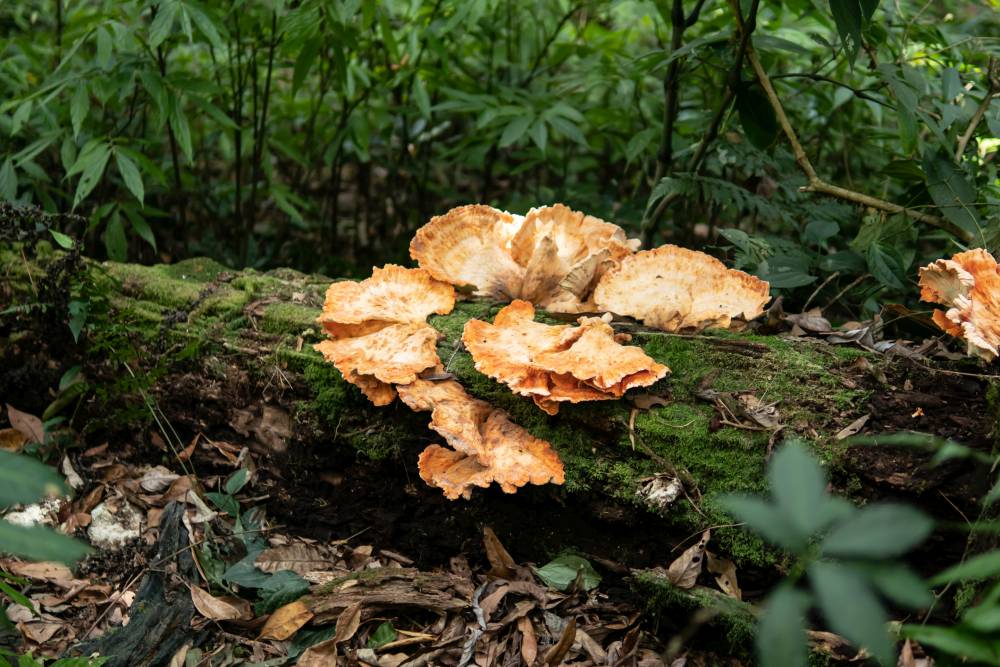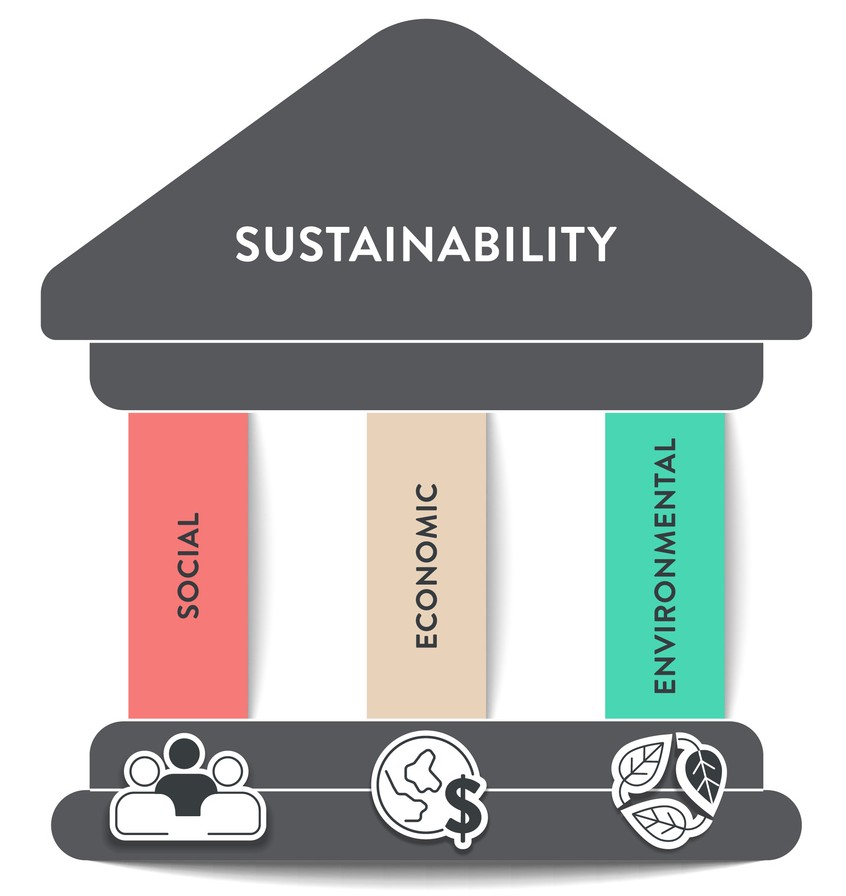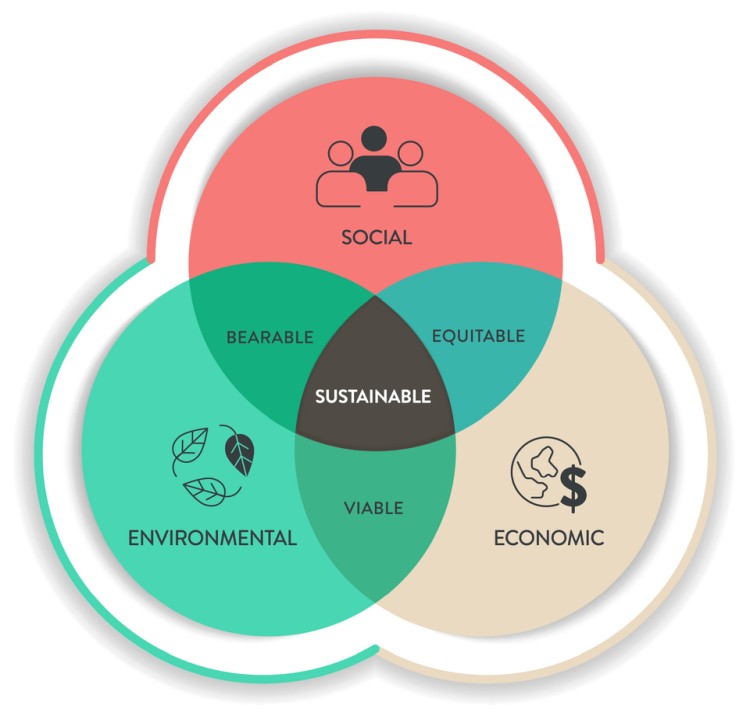Sustainability to Preserve Our Planet
Just like nature maintains sustainability through the cycle of birth, death, and reuse—as exemplified by mushrooms enriching the soil—we can use our resources wisely. Simple steps, like reducing processed foods, avoiding palm oil from destroyed tropical forests, and many other sustainability choices, can make a big difference in preserving our planet. Every small change counts towards a more sustainable future.
2024/01/02

What Exactly is Sustainability?
Sustainability focuses on meeting the needs of the present without compromising our ability and that of future generations to meet our needs. It’s about finding a balance between human development and preserving our planet’s resources. For individuals and families, this means making choices in our daily lives that benefit us now and also ensure a healthy world for our children and grandchildren.
The idea of sustainability encompasses more than just environmental concerns. It involves a holistic approach to the interconnectedness of the planet’s health, economic vitality, and social equity. Sustainable practices aim to protect natural resources and ecosystems and promote financial stability and social well-being for all members of society.
It’s about adopting a mindset that considers the long-term impacts of our decisions and strives to create positive change, both in our immediate surroundings and the broader world. This mindset is essential for conquering the problems we now face.
The Three Pillars of Sustainability
Sustainability is built upon three basic pillars: environmental, economic, and social sustainability. These are all interconnected and equally important in creating a balanced and sustainable world.

iStock.com/Whale Design
Environmental
Environmental sustainability focuses on protecting and preserving our natural world. For individuals and their families, this might involve recycling, conserving energy and water, reducing waste, and choosing environmentally friendly products. It also includes efforts to protect biodiversity, reduce pollution, and mitigate climate change. Simple actions like planting trees, supporting renewable energy sources, and minimizing plastic use can have profound impacts.
Economic
Economic sustainability promotes economic growth and development that doesn’t deplete natural resources or harm the environment. For households, this means making financially sound decisions that also consider long-term environmental impacts, such as investing in energy-efficient appliances, supporting businesses with sustainable practices, and purchasing sustainably produced goods. Supporting local and sustainable businesses is a win that contributes to a greener economy—not only for the planet but also for each of us when we save money in the long run.
Social
Social sustainability aims to maintain and improve social well-being for current and future generations. It involves creating equitable, diverse, connected, and democratic communities. For families, this might include participating in community activities, volunteering, advocating for social justice, or supporting fair trade products. Ensuring everyone has access to basic resources and opportunities is vital for a sustainable future. Get involved in your community and advocate for social equity and justice policies. It benefits you as well.

Environmental, economic, and social sustainability are deeply interconnected, each essential to creating a harmonious and enduring world. Together, they form the foundation for a truly balanced and sustainable future. iStock.com/Whale Design
Importance of Sustainability
According to the United Nations, ” The world’s population is expected to continue growing over the coming fifty or sixty years, reaching a peak of around 10.3 billion people in the mid-2080s, up from 8.2 billion in 2024.” If we cannot, using current methods, sustainably support our populations without further degradation of the planet, what will we do to support 2 billion more people? We must change and reduce energy use, specifically fossil fuel use.
Embracing sustainability is crucial for addressing global challenges like climate change, resource depletion, and social inequalities. By adopting sustainable practices, individuals and families can contribute to a healthier planet, a more stable economy, and more equitable societies. When multiplied across millions of households, these actions lead to significant positive changes on a global scale.
Every single small action counts! Whether reducing energy consumption, supporting sustainable businesses, or advocating for social justice, each effort contributes towards a sustainable future. Today, making a conscious choice to adopt at least one sustainable practice in your daily routine is an easy goal.
Incorporating sustainability into our lives is not just about protecting the environment; it’s about ensuring a better quality of life for ourselves and future generations. By understanding and embracing practices, we can create a world where human development thrives in harmony with the planet’s natural systems. Why not join the movement toward sustainability and be a part of the solution?
Related Posts
Sorry, we couldn't find any posts. Please try a different search.
MORE ECO SOLUTIONS
Important Ways to Help Our Earth







